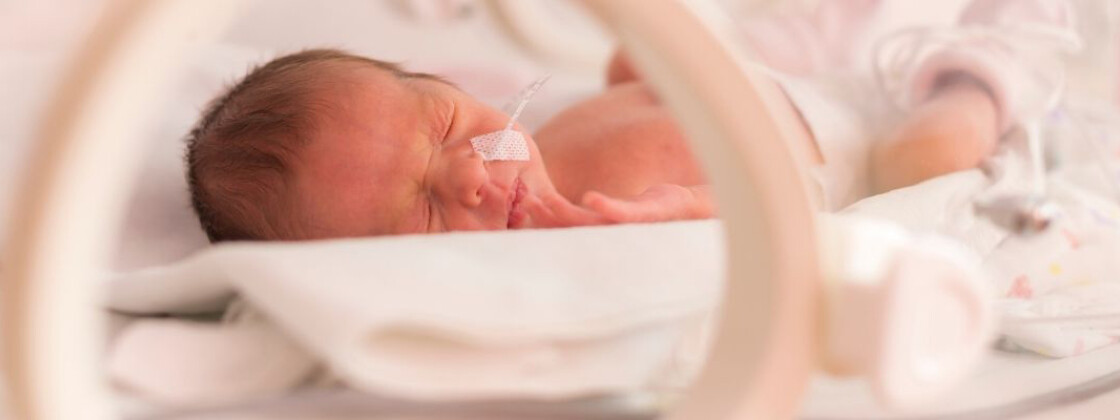

A study using extensive nationwide registry data showed that girls born extremely preterm, earlier than 28 weeks gestational age, were three times more likely to be diagnosed with depression than peers born close to the expected date of delivery. Increased risk of depression also applied to girls and boys with poor fetal growth born full-term and post-term. The effects of poor fetal growth were more evident with increasing gestational age.
All the results were adjusted for paternal psychopathology, paternal immigrant status, maternal psychopathology, maternal depression, maternal substance abuse, number of previous births, maternal marital status, maternal socio-economic status, maternal smoking during pregnancy, and the infant’s birthplace.
Childhood depression can be addressed preventively
Depression is a common psychiatric disorder that has been reported to affect 1-2 percent of preschool and prepubertal children and 3-8 percent of adolescents. However, childhood depression is a severe disorder and its prevention can be advanced with the identification of at-risk groups.
“The study highlights the need for preventive interventions for high-risk infants and support programmes for parental mental health during pregnancy and neonatal care, especially for extremely preterm infants and growth-retarded full-term infants. Follow-up care practices should include psychosocial screening and developmental testing for children born preterm and their families, with appropriate support for sound mental health,” says researcher Subina Upadhyaya from the Research Centre for Child Psychiatry, University of Turku.
“Future studies should examine the risk associated with preterm birth and infant long-term outcomes in the present era of family centered neonatal care practices,” she continues.
The study included 37,682 children born in Finland between January 1987 and December 2007 and diagnosed with depression. They were compared with 148,795 matched controls without depression.
The study is part of a larger body of research that investigates the associations between antenatal risk factors and major psychiatric disorders.
“The results are significant both for understanding the risk factors for psychiatric disorders and for prevention, notes the primary investigator,” Professor Andre Sourander.

